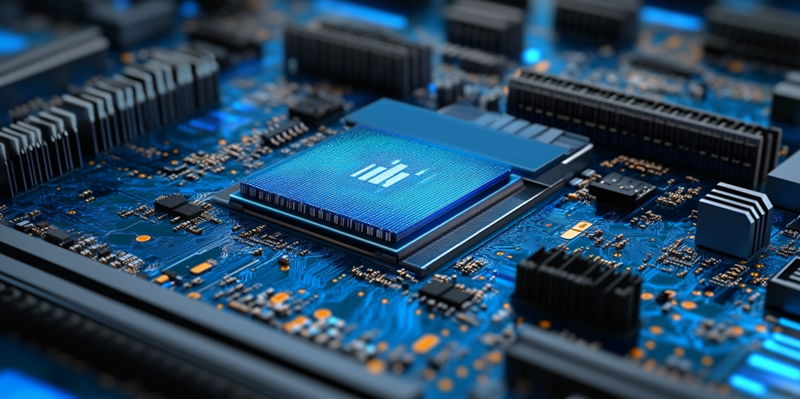In a significant move to challenge the increasing dominance of Taiwan Semiconductor Manufacturing Company (TSMC) in the semiconductor industry, Intel and Samsung are reportedly joining forces to form a "foundry alliance." This collaboration aims to combine their strengths and resources to combat the challenges posed by TSMC, which has been a dominant player in the market.
The Dynamics of the Alliance
Intel Foundry Services (IFS) and Samsung Foundry are considering the alliance to consolidate their production facilities and share process technologies. This potential partnership could enhance their research and development efforts, optimize production capabilities, and shift the competitive landscape in their favor. The collaboration between these two giants underlines the growing necessity of alliances and partnerships in the semiconductor industry to stay competitive.
Such an alliance would not be without its challenges. Intel has recently formed an “x86 alliance” with AMD, a move that exemplifies the strategy of collaboration in the industry. Meanwhile, Samsung has been grappling with yield rate issues despite its advanced node-size technology, and Intel’s foundry business needs revitalization to maintain its competitive edge.
Potential Impact on the Industry
The Intel-Samsung partnership could potentially reshape the semiconductor industry by enhancing operational efficiencies and fostering innovation. With TSMC holding a significant share of the market, this collaboration aims to curb TSMC’s dominance and bring substantial changes to industry dynamics. By sharing production facilities and process technology, Intel and Samsung can address their unique challenges more effectively and foster a more competitive environment.
If successfully executed, the partnership could lead to groundbreaking advances in semiconductor technology, benefiting both companies and potentially altering the competitive dynamics of the market. This alliance underscores the importance of strategic collaboration and technological sharing as a means to combat industry giants and sustain growth.
Overcoming Unique Challenges
Both Intel and Samsung face distinct hurdles that their collaboration could help them overcome. Intel is striving to revive its foundry business, which has seen better days, while Samsung battles with yield rate issues despite its technological prowess. By joining forces, they hope to leverage each other’s strengths to address these issues more effectively.
This partnership could not only address their current challenges but also set a precedent for future alliances in the industry, illustrating that even the biggest players can benefit from strategic partnerships.
A Potential Game-Changer
In a notable move to rival the rising influence of Taiwan Semiconductor Manufacturing Company (TSMC) in the semiconductor sector, Intel and Samsung are reportedly uniting to create a "foundry alliance." The goal of this partnership is to pool their considerable strengths and resources to address the competitive pressures posed by TSMC, which has long been a leading force in the market.
TSMC has established itself as a dominant player by setting industry standards and continuously innovating, which has put pressure on other companies to keep pace. Intel, known for its expertise in high-performance processors, and Samsung, a leader in memory chips and advanced fabrication techniques, see this alliance as a strategic step. By leveraging each other’s technological capacities and production capabilities, they aim to close the gap and offer a robust alternative to TSMC’s offerings.
This collaboration could potentially redraw the competitive landscape of the semiconductor industry, driving innovation and providing more options for companies relying on semiconductor components for their products. It underscores the dynamic nature of the tech sector, where alliances and rivalries constantly reshape the market dynamics.

